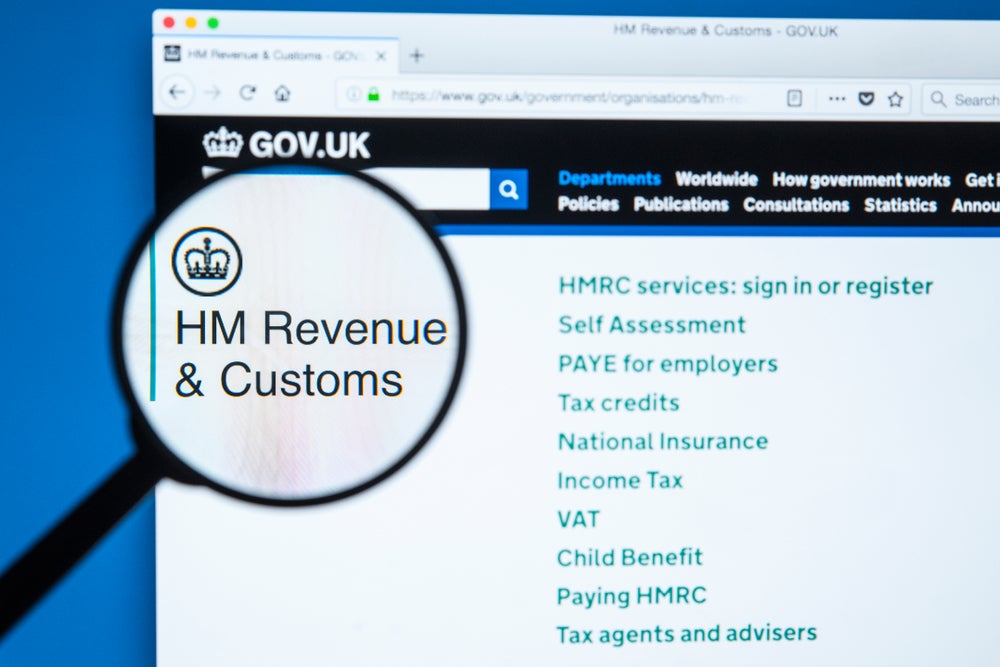
One of the cornerstones of an effective tax system is certainty. In the 18th century the Scottish economist Adam Smith argued that taxation should follow the four principles of fairness, certainty, convenience and efficiency. Taxpayers need to understand if they are liable to tax, and if so, how much and when it falls due.
The UK tax system can be complex to navigate. Not only do businesses have to deal with uncertainty caused by politically motivated changes to tax rates and reliefs but tax legislation is getting more complex as governments deal with multinational businesses. The UK’s anti-hybrid mismatches, corporate interest restriction and multinational top-up tax rules are just a few examples of the increasingly complex rules.

Access deeper industry intelligence
Experience unmatched clarity with a single platform that combines unique data, AI, and human expertise.
One of the paths for businesses to obtain certainty from HMRC is statutory and non-statutory clearances. The former is a legislative procedure where a taxpayer can apply for a clearance from HMRC in respect of a specific point, eg in relation to a demerger. The latter is available where there is no such legislative provision and can be used in respect of any tax law but is only available where there are genuine points of uncertainty in the legislation.
Given the breadth of non-statutory clearances, this might appear like a sensible route to seek confirmation of HMRC’s view. However, HMRC will only comment on genuine points of uncertainty in the legislation and will not give an opinion on facts. Therefore, its applicability can be somewhat limited, given many tax positions turn on the facts of the situation.
An example of this which is proving a significant issue for landlords with debt is in relation to incorporating a property portfolio. Until April 2018, non-statutory clearance was available for whether property rental activities would be considered to constitute a ‘business’ for the purposes of incorporation relief. A taxpayer could ask HMRC if this condition for the relief would be met for a particular transaction in advance of implementation, thereby ensuring the taxpayer knew whether they would be able to defer a gain on incorporation under the relief. Now a taxpayer must undertake the transaction without knowing HMRC’s view on whether the relief would apply and, therefore, increasing uncertainty. Taxpayers may choose not to implement a transaction in such circumstances. For some landlords, incorporating is the only solution to continuing their business due to the lack of full tax relief on their interest payments for properties held personally. It is possible that some landlords could be forced out of the market as a result.
Furthermore, anecdotally, there appears to have been a backlog of up to eight months to obtain a response from HMRC on some non-statutory clearances, which is often too long for fast-paced commercial businesses.

US Tariffs are shifting - will you react or anticipate?
Don’t let policy changes catch you off guard. Stay proactive with real-time data and expert analysis.
By GlobalDataFrom April 2022, the UK government has introduced new rules on the notification of uncertain tax treatments for large businesses. For businesses in scope, they are required to notify HMRC where they have adopted an uncertain tax treatment where the tax advantage exceeds a £5m threshold.
Under these rules, it is expected that HMRC will be able to allocate resources more effectively to open enquiries into such uncertain positions of large businesses. Such enquiries would likely take up significant time and resources for impacted businesses and could have a material impact on their financial statements.
Could a better solution be for the expansion of clearances so that businesses can approach HMRC in advance and agree positions of uncertainty rather than notify and wait for the inevitable enquiry? The level of tax uncertainty currently experienced by businesses in the UK impacts forecasting, investment decisions and hiring decisions to name a few, so ultimately the uncertainty could be impacting growth in the UK economy, which is the one thing our economy needs.






